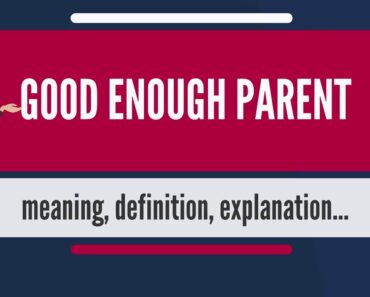Music is a powerful tool for self-expression and helps us tap into our emotions in ways words cannot. That’s why learning to play an instrument, like the piano, woodwinds or strings, benefits children. In addition to unconscious benefits like increased memory and math skills, playing the piano helps develop a number of important life skills, not to mention fostering passion, commitment, talent and joy.
Here are five life lessons that playing the piano helps teach your kids.
Patience is challenging for many adults, let alone kids, but building that capacity is vital. We all want to be immediately good at things, but the reality is that for most skills, it takes time and effort to shine. “Music lessons reinforce the concept of delayed gratification, taking steps that you might not feel like taking at that moment to achieve a goal that you do,” says Mike Morrell, manager of music education at Yamaha Music Schools.
In contrast to the instant gratification of social media and video games, playing the piano grounds kids in the present by demonstrating cause and effect in a real, tactile environment. “Playing even one simple musical phrase requires remembering how this moment relates to the next and the next and the next,” says Morrell. “In other words, holding in mind how this part relates to the whole is an excellent way to develop mindfulness. Mindfulness and being present go hand in hand.”
Practice makes perfect, and playing piano demonstrates that to a tee. Having the work ethic and discipline to practice, especially when social media, streaming shows or video games beckon, ensures kids excel and succeed. “Success reinforces the importance of accomplishment, from working hard on a small passage towards creating a beautiful piece of art when everything is put together,” says Wai Leong, manager of music education curriculum at Yamaha Music Schools. “This promotes the value of persistent, focused skill-honing.” Progression is a great motivator for kids to continue working hard and developing self-discipline.
Kids can be surprisingly resilient by nature, but it’s also important to purposefully cultivate that ability to overcome adversity. “The excitement of learning to express oneself through playing piano motivates students to keep working through failure or disappointment from not hitting all their goals,” says Morrell. “The process offers children opportunities to work through challenges. Resilience comes from putting those challenges or failures into context and learning not to let them define you.”
“Learning to play the piano asks students to look at themselves objectively,” says Morrell. Comparing self-evaluations with their teachers’ feedback can be very eye-opening. “Lessons offer students a way to test their perceptions against reality. Comparison and self-reflection lay the groundwork for objectivity and critical thinking.”
Few things offer lifelong enrichment the way music does. Even if your child never develops the talent of a professional pianist, learning to play the piano provides ample rewards that will benefit children throughout their lives. “Everyone is musical,” affirms Morrell. “There are degrees of predisposed talent, but they are unnecessary to unlock the benefits of being a music maker. Everyone can realize the benefits of learning to play an instrument, like the piano, flute, or violin.”

































